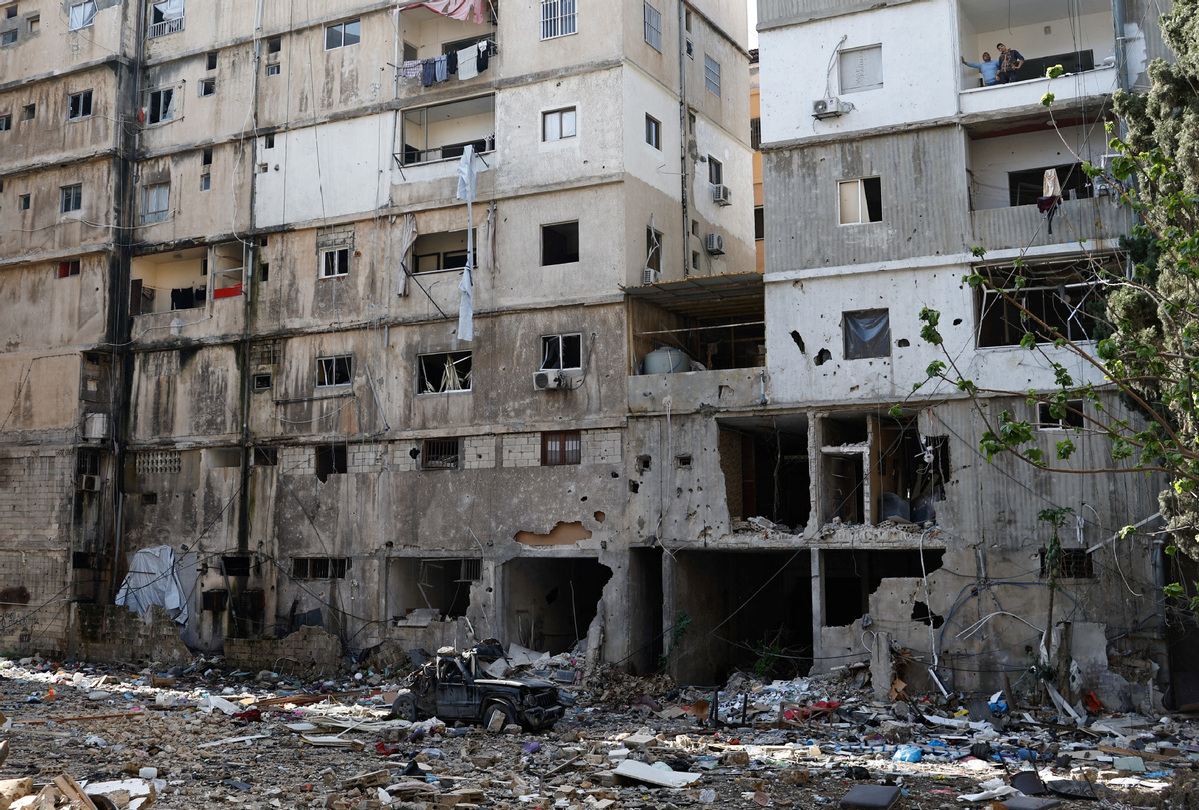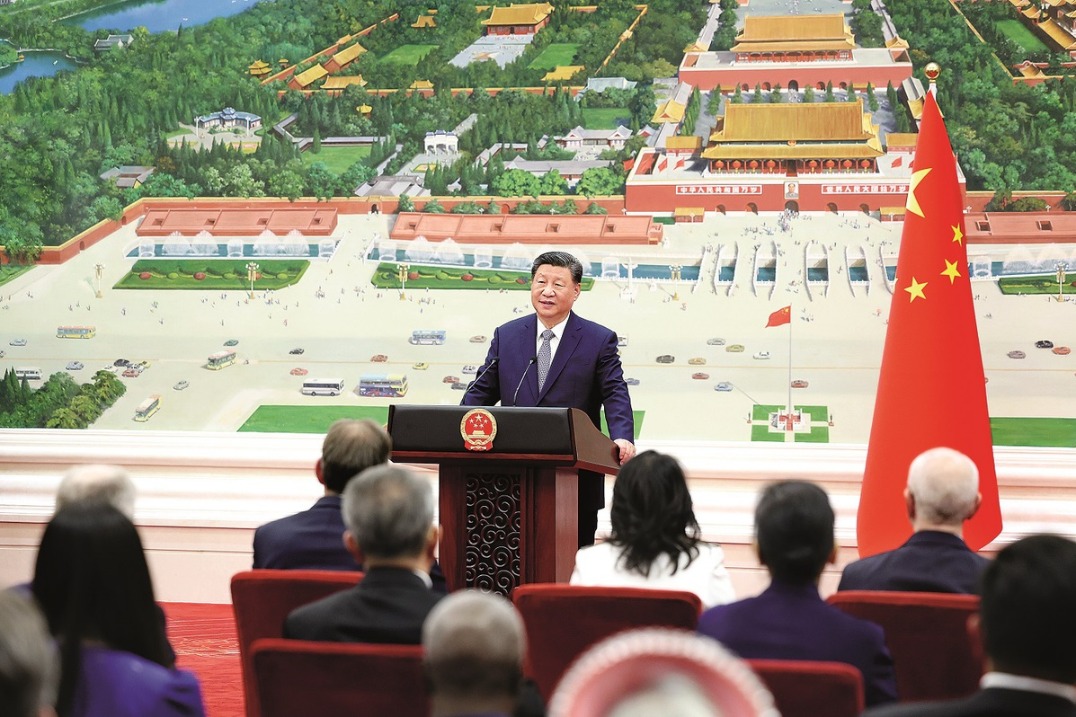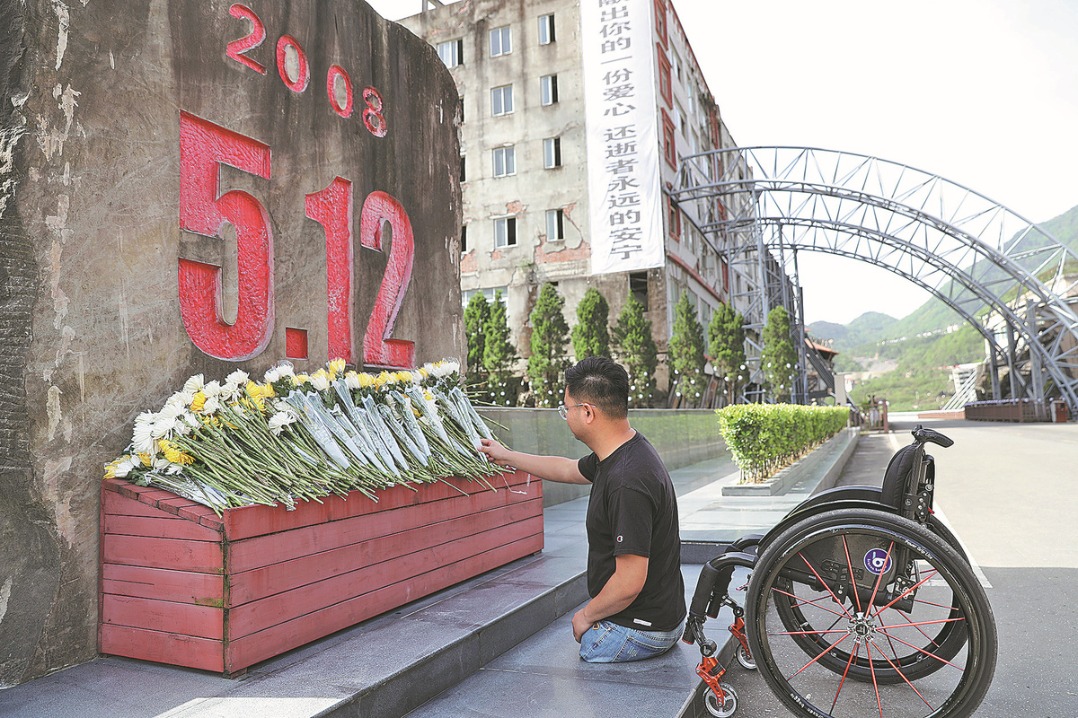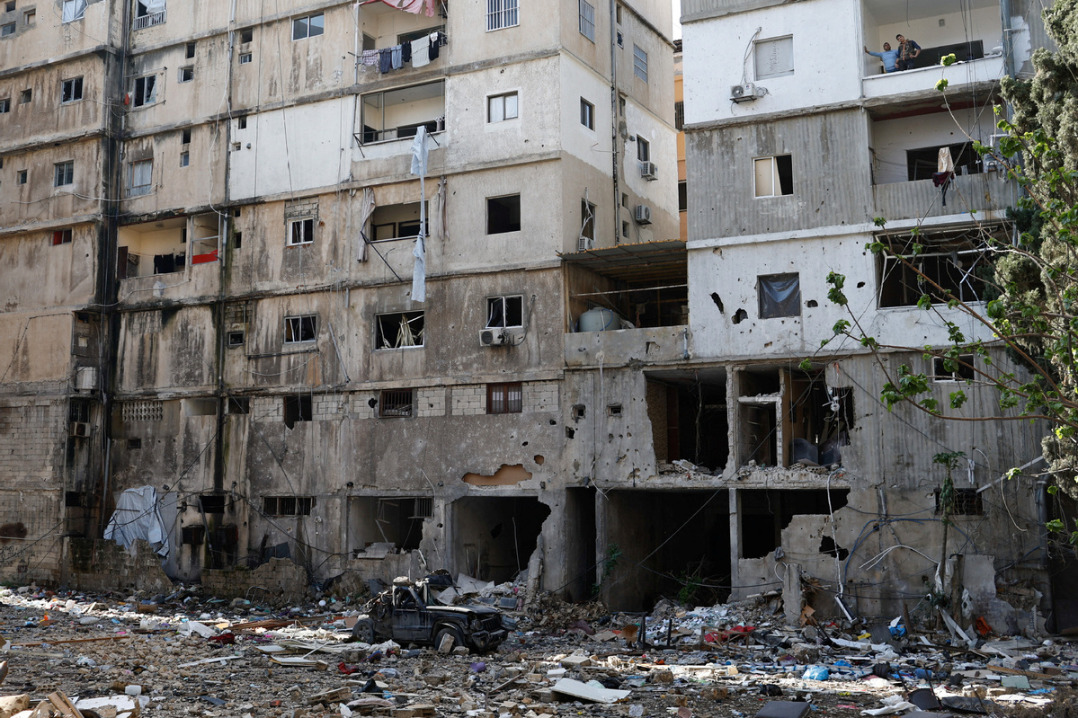Reflection on the communication device explosions in Lebanon


Not long ago, multiple explosions went off in Lebanon, causing multiple casualties. Many people, including children, were killed or severely injured after communication devices, such as pagers and walkie-talkies, exploded on a massive scale across the country. The shocking event has raised the alarm among Global South countries.
When everyday communication devices become dangerous weapons, ordinary people may be involuntarily pulled into the vortex of war and conflict, deprived of the basic prerequisite for survival - security. People can’t help but ask: how did the industrial chains for pagers and walkie-talkies become so infiltrated that these basic devices were turned into walking bombs? Do other communication devices and technological products have similar security risks?
In order to reduce the possibility of targeted killings by Israel through mobile phone location-tracking, Hezbollah deliberately used lower-tech devices like pagers and walkie-talkies for communication. However, such efforts didn’t succeed in preventing the advent of death.
This is saddening. Does mankind have to retreat to the Stone Age to ensure safety? Once communication devices and smart devices are weaponized on a large scale, no one can remain unaffected. The explosions in Lebanon show that developing technology and artificial intelligence for good has never been more urgent and important than today, and this must be incorporated into the reform process of the global governance system. This is a new topic for Global South countries. It is also a responsibility that developed countries must assume.
The incident in Lebanon goes beyond the boundaries of traditional warfare and blurs the line between conflict zones and civilian society. Whatever reasons the perpetrators may have, targeting civilians is by no means acceptable. Due to their vulnerabilities, Global South countries have often been reduced to battlegrounds for major country rivalry and tech wars. This is especially concerning as many of them are currently under threats of extremism and separatism. Once similar incidents are repeated in these countries, the consequences would be unimaginable.
This incident also highlights a widespread and striking phenomenon in the global security landscape – security anxieties are increasingly created and amplified. From cutting-edge technological innovations to everyday personal devices, an increasing number of high-tech products are falling victim to the “security trap” spawned by developed countries, which fuels suspicion and fear.
In today’s society, almost every home appliance contains one or multiple chips, which makes the search for “malicious chips” an endless task. The overstretch of the security concept by some developed countries has become an inexplicable paranoia, which will continue to undermine their ability to fulfill their professed commitment to world peace and prosperity. No country’s security can be built at the expense of others’ insecurity, especially when this insecurity is extended to every ordinary citizen.
The incident undoubtedly poses a severe challenge to international peace and security. It has not only harmed the Lebanese people, but also threatened global security and stability, and trampled upon the international rule of law and human civilization. We cannot allow it to silently fade into irrelevance. What we need are more sustained efforts to awaken the conscience of humanity, collectively raise rational voices and close this “Pandora’s Box” of security paranoia and technological abuse.


































